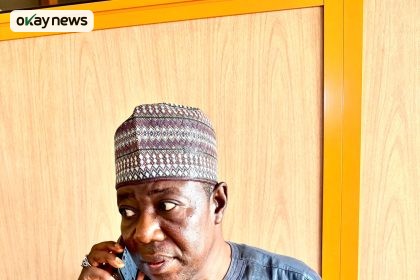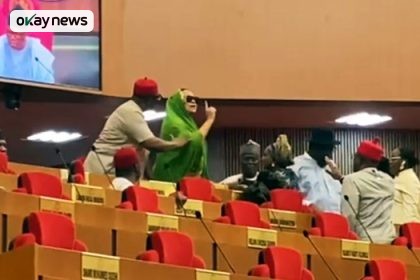Sokoto State’s Commissioner for Justice and Attorney General, Barr. Nasiru Mohammed Binji, has provided insights into the recent amendments to certain laws in the state, highlighting the need to improve functionality and accountability of government establishments.
In a recent interview with journalists in Sokoto, Barr. Binji explained that the amendments, which were approved by the State House of Assembly and signed by Governor Ahmed Aliyu, were necessary to address structural issues that had hindered effective operations of several bodies established by previous administrations.
“The previous administration incorrectly designated several bodies as commissions when they should have functioned as agencies,” Binji stated. “This designation created significant operational challenges, as these bodies were operating without proper ministerial oversight.”
The Attorney General specifically mentioned three laws that underwent amendments: the Discrimination against Persons with Disability Commission’s Law, the Zakat and Endowment Commission’s Law, and the Tenancy Control and Safety of Persons Commission Law.
“Being classified as commissions meant these bodies were independent and autonomous, operating without supervision from any ministry,” he explained. “For efficiency and accountability purposes, we needed to appropriately designate them as government agencies under specific ministerial supervision.”
Binji emphasized that the amendments align with constitutional provisions, noting that Section 197 of the 1999 Constitution only recognizes three statutory commissions for each state: the State Independent Electoral Commission, the State Civil Service Commission, and the Judicial Service Commission.
“These constitutional commissions are designed to be independent by nature. For instance, the State Independent Electoral Commission must operate without ministerial supervision to maintain impartiality and earn the trust of opposition parties,” he added.
According to the Attorney General, the previous classification had resulted in operational inefficiencies and accountability issues, with some chairpersons acting as sole administrators without proper checks and balances.
The amendments are expected to enhance the performance of these bodies through proper ministerial oversight while maintaining their core functions and services to the public.







